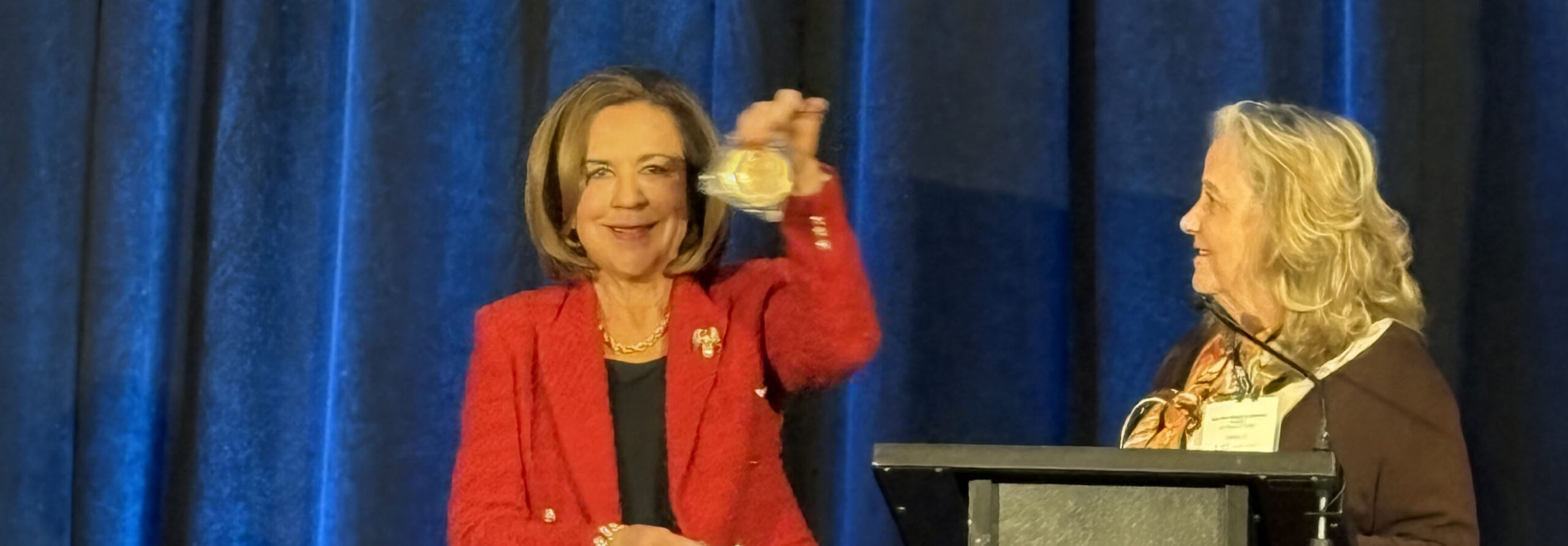
By Katheryn Yetter and Douglas L. Toering
As commerce evolves, so does the nature of commercial litigation. Courts have had to adapt to this evolution with creative solutions like special courts, specialized dockets, or specialized judges. This article focuses on one state, Michigan, and what Michigan has done to respond to the reality of commerce in the 21st Century.
Michigan’s story is not dissimilar to that of other states — the seed of the solution was planted by a group of interested attorneys who studied whether Michigan should establish some mechanism for managing business and commercial cases. The group, established by the State Bar of Michigan’s Business Law Section, started their work in 2001. By 2002, they had identified three purposes for this new case-processing mechanism:
- Enhance the consistency, predictability, and accuracy of decisions in business cases;
- Enhance efficiency through proactive case management, technology, and early alternate dispute resolution; and
- Attract and retain businesses in Michigan.
The mechanism, in short, was a business court. The idea, in short, was to have a business court at no additional cost to the court system.
Implementing this required additional planning and other efforts spanning about ten years. Fast forward to 2012 (and several committees, pieces of legislation, and planning conversations later). Two specialized dockets were implemented in two counties in late 2011 and early 2012 (Macomb and Kent), each of which emphasized active case management, such as initial pretrial disclosures (with a follow-up pretrial report) along with an early court conference and a detailed case management plan.
A third county, Oakland County, developed its own plan for processing business cases. The idea of business dockets gained traction. Finally in 2013, legislation went into effect that codified the purpose and function of business courts (Mich. Comp. L. § 600.8033(3)):
- Establish judicial structures that will help all court users by improving the efficiency of the courts.
- Allow business or commercial disputes to be resolved with the expertise, technology, and efficiency required by the information age economy.
- Enhance the accuracy, consistency, and predictability of decisions in business and commercial cases.
This law limits jurisdiction to “business or commercial disputes,” and generally excludes claims involving individual consumers. Cases that involve business or commercial disputes are assigned to a business docket. The Michigan Supreme Court adopted rules governing business court matters; the court also approved the business court judges and the local administrative orders for each of the business courts. In addition, Michigan’s Institute of Continuing Legal Education and the state bar’s Business Law and Insurance & Indemnity Law Sections have sponsored programs on the business courts. Likewise, the Michigan Judicial Institute has provided training for the business court judges, some of whom have also attended courses hosted by The National Judicial College.
Michigan now has business courts in 17 counties. Each county has one business court judge, except for Oakland County and Wayne County, which have two and three business court judges, respectively. To ensure appropriate use of court resources, most business judges have a mixed caseload of civil or criminal cases and business disputes. In Michigan’s four most populous counties, the average age of the closed business court cases ranged from 131 to 182 days as of late October 2014. If those statistics are any indication, it looks like Michigan’s business courts’ future is bright indeed.
For additional details about the development and implementation of business courts in Michigan, we encourage you to read these two articles and to check out the following website:
- Michigan’s Business Courts: Past, Present and Future
- The New Michigan Business Court Legislation: Twelve Years in the Making
- Michigan Business Courts

The National Judicial College has awarded Missouri Supreme Court Judge Mary Russell with the Sandra Day O�...

Emeritus Trustee Bill Neukom (left) with former Board of Trustee Chair Edward Blumberg (right) at the NJC 60...

The National Judicial College, the nation’s premier institution for judicial education, announced today t...

The National Judicial College (NJC) is mourning the loss of one of its most prestigious alumni, retired Uni...

As threats to judicial independence intensify across the country, the National Judicial College (NJC) today...